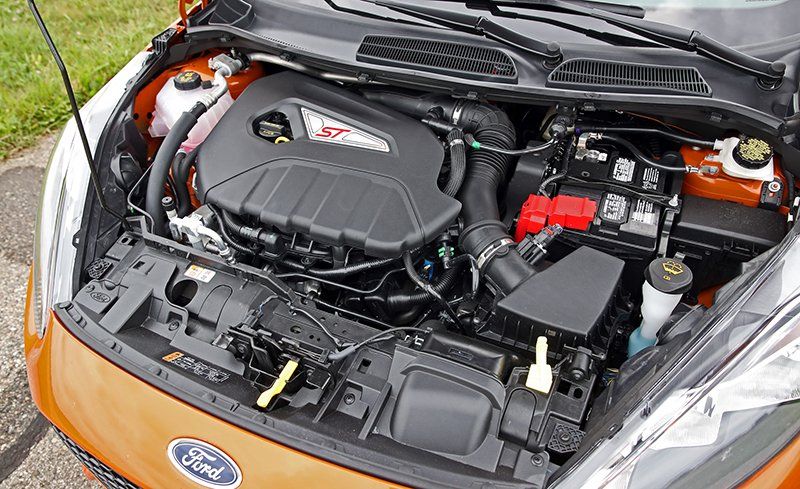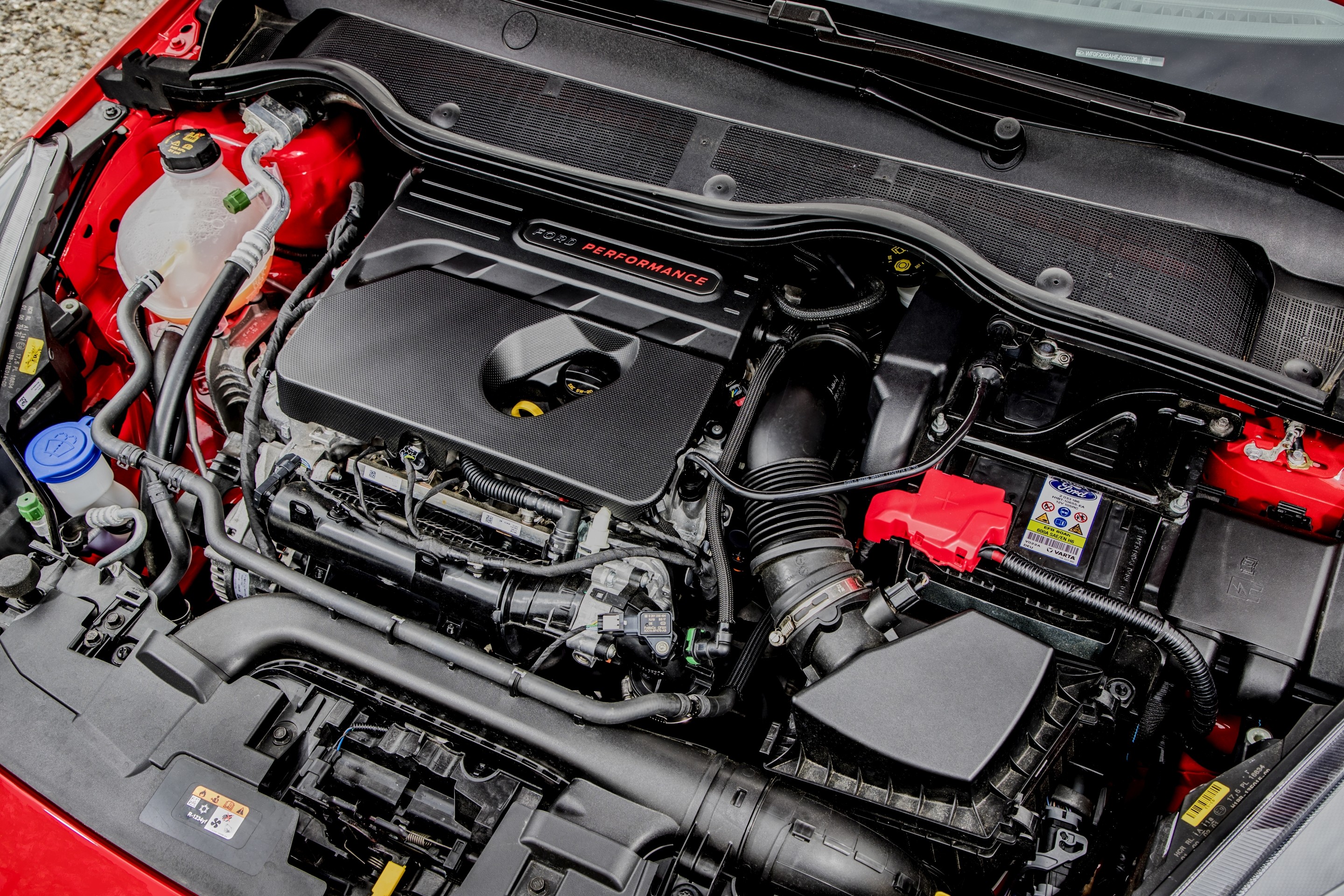Top Ford Fiesta Engine Repairs to Avoid Costly Damage
Top Ford Fiesta Engine Repairs to Avoid Costly Damage
Blog Article
Opening the Power of Engines: A Comprehensive Overview to Performance and Performance
Comprehending the detailed auto mechanics of engines is essential for both efficiency fanatics and everyday drivers. By analyzing essential metrics such as horse power and torque, one can appreciate just how adjusting techniques enhance performance while attending to ecological problems. Routine upkeep plays a crucial duty in sustaining optimal performance over time. As the automobile landscape shifts in the direction of electrification and advanced technologies, the inquiry occurs: exactly how can we efficiently adjust to these changes while optimizing engine abilities? The responses might redefine our strategy to engine efficiency and performance in manner ins which are both informing and essential.
Understanding Engine Fundamentals
What constitutes the basic technicians of an engine? At its core, an engine is a maker designed to transform fuel into mechanical energy with a series of controlled surges or combustion procedures. The main parts include the cyndrical tube, piston, crankshaft, camshaft, and valves. The cyndrical tube functions as the chamber where burning takes place, while the piston moves within the cyndrical tube to transform the energy from combustion right into straight activity (ford fiesta engine).
The crankshaft after that changes this linear movement into rotational energy, which eventually powers the vehicle. The camshaft manages the opening and closing of the valves, controling the intake of air and fuel and the expulsion of exhaust gases. In addition, the engine relies on a carefully adjusted fuel-air mix, ignition system, and cooling down system to ensure optimal performance and efficiency.
Recognizing engine basics likewise entails recognizing the importance of engine cycles, such as the four-stroke cycle, which consists of intake, exhaust, power, and compression strokes. Each phase is vital in guaranteeing the engine functions smoothly and effectively. Mastery of these basic auto mechanics prepares for discovering much more complex engine characteristics and performance metrics, crucial for optimizing both power outcome and effectiveness.
Trick Efficiency Metrics
Key efficiency metrics are vital for reviewing an engine's efficiency and power outcome, offering valuable understandings for both manufacturers and customers. These metrics function as criteria for engine efficiency, enabling informed choices in style, buying, and production.
Among the key metrics is horsepower, which evaluates the engine's capacity to perform job over time. Torque, gauged in pound-feet, is another important statistics that suggests the engine's rotational force, straight affecting acceleration and lugging ability. Fuel effectiveness, typically determined in miles per gallon (MPG) or liters per 100 kilometers (L/100km), examines exactly how efficiently the engine converts fuel into activity, influencing operational expenses and environmental considerations.
Additionally, thermal performance steps how well an engine converts fuel power right into valuable work, exposing understandings into energy losses primarily via warm. Emission degrees, including carbon dioxide and NOx, are likewise crucial, reflecting the engine's environmental impact and compliance with regulatory requirements.

Tuning Strategies for Efficiency
Tuning methods play a significant role in improving engine effectiveness by optimizing efficiency metrics recognized in earlier discussions (ford fiesta engine). Numerous approaches exist to tweak an engine, each contributing to improved gas economic climate and lowered exhausts
One reliable strategy is changing the air-fuel ratio, ensuring the engine runs within the optimal combustion routine. A leaner combination can improve fuel performance, yet it should be stabilized to avoid misfires or engine knock. Additionally, reprogramming the engine management system can alter criteria such as ignition his comment is here timing, which even more enhances efficiency while maintaining power output.
One more important strategy entails modifying the intake and exhaust systems. Upgrading to high-performance air filters and exhaust headers can lower back pressure, facilitating better air flow. This allows the engine to take a breath more openly, leading to improved combustion performance.
Additionally, the execution of advanced adjusting tools, like dyno testing, supplies exact data that allows targeted adjustments. On a regular basis monitoring these efficiency metrics ensures that tuning initiatives yield the preferred effectiveness results. Collectively, these techniques not only reinforce engine performance yet additionally add to long-term sustainability in engine operations.
Maintenance for Optimum Performance
Normal engine maintenance is necessary for achieving ideal efficiency and durability. A properly maintained engine not just runs efficiently yet likewise reduces the danger of expensive repair services and breakdowns. Trick elements requiring normal attention include oil, filters, belts, and stimulate plugs.
Transforming the engine oil at suggested periods is important, as oil lubricates moving parts and prevents overheating. Replacing oil and air filters ensures that pollutants do not impair engine feature. try this site Disregarding these components can lead to minimized performance and possible engine damage.
Furthermore, checking and changing worn belts and hoses is important to protect against sudden failings. Timing belts, specifically, must be changed according to the manufacturer's schedule to stay clear of tragic engine damages.
Ignition system must additionally be inspected and changed as essential, given that they play a vital role in ignition and gas efficiency.
Future Fads in Engine Modern Technology
Accepting developments in technology, the future of engine design is positioned to transform efficiency and effectiveness throughout different applications. Crossbreed and fully electrical powertrains are ending up being progressively traditional, supplying minimized emissions and improved gas effectiveness.
Moreover, innovations in materials scientific research are bring about lighter, more powerful components that boost engine performance while minimizing power usage. Advanced manufacturing methods, such as 3D printing, permit the development of complicated geometries that improve air movement and thermal monitoring, therefore enhancing combustion processes.
Furthermore, the integration of man-made intelligence and artificial intelligence is set to change engine diagnostics and performance tuning. These innovations can examine huge amounts of data in real time, enabling predictive maintenance and customized efficiency improvements.
Conclusion
In conclusion, unlocking the power of engines needs a comprehensive understanding of their technicians and performance metrics. Implementing reliable adjusting strategies and sticking to routine maintenance methods significantly boost engine capacities.
In addition, the engine depends on a thoroughly calibrated fuel-air combination, ignition system, and cooling system to guarantee optimum efficiency and efficiency.
Comprehending engine fundamentals additionally involves acknowledging the importance of engine cycles, such as the four-stroke cycle, which includes intake, exhaust, power, and compression strokes. Mastery of these essential technicians lays the groundwork for checking out more complicated engine characteristics and performance metrics, crucial for maximizing both power output site here and performance.

Embracing improvements in innovation, the future of engine design is poised to revolutionize efficiency and effectiveness across numerous applications.
Report this page